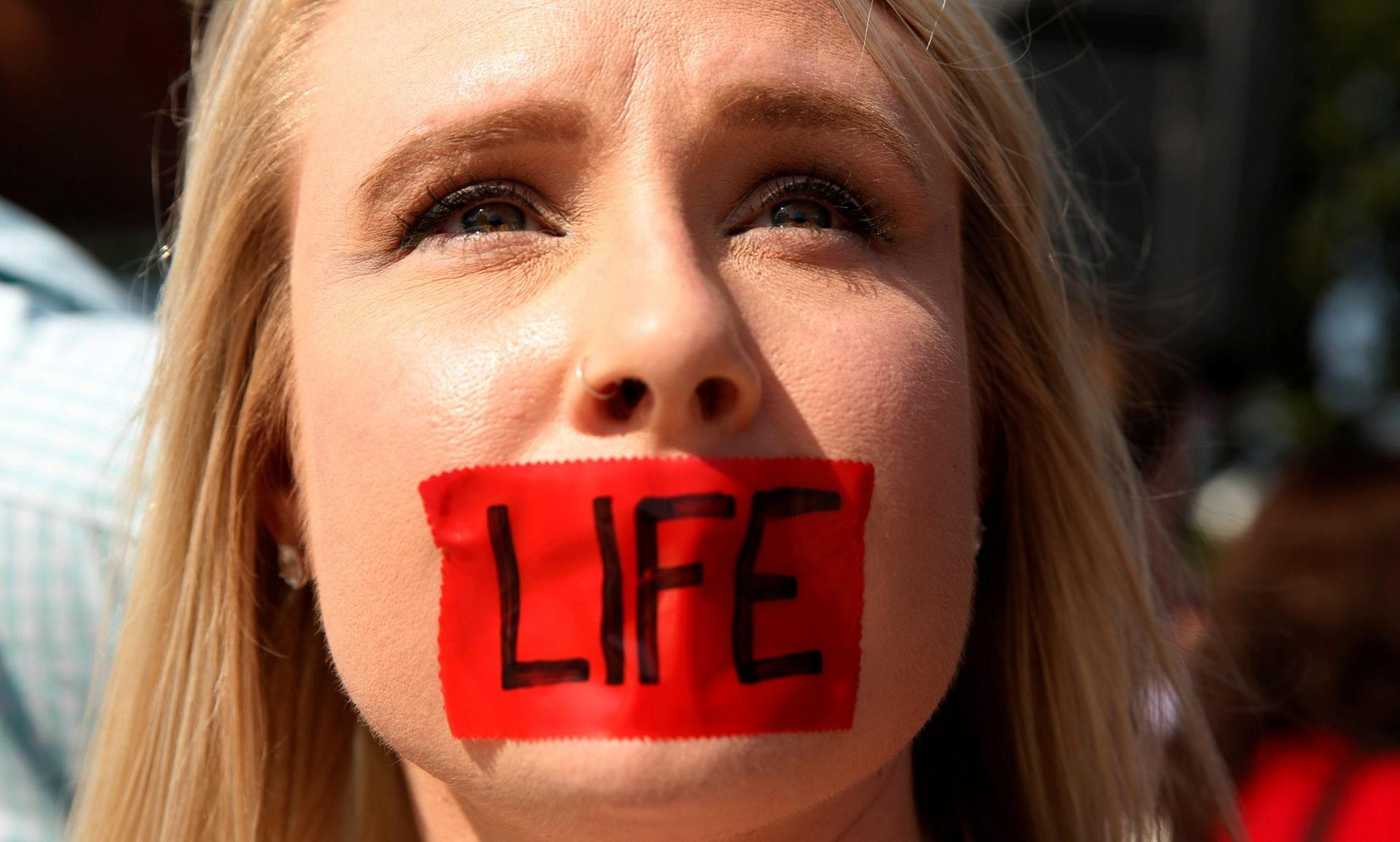NEW YORK — As Congress rushes to pass an appropriations spending bill by the end of March, U.S. Catholic bishops are attempting to attach a provision that would protect doctors and nurses from having to assist in or to perform abortions, arguing it’s commonsense legislation regardless of whether or not one supports abortion rights.
For the second time in less than a month, Catholic bishops have organized a national congressional call-in day — this one scheduled to take place on Monday, March 12 — and U.S. Catholics are being asked to call their representatives and tell them to support the Conscience Protection Act.
The call-in day organized last month was in support of the DACA program to protect undocumented immigrants from deportation.
In a statement released earlier this week, Cardinal Timothy Dolan, chair of the U.S. Conference of Catholic Bishops’ (USCCB) Committee on Pro-Life Activities, and Archbishop Joseph Kurtz, chair of the USCCB’s Committee for Religious Liberty, said “Increasing and fierce attacks on conscience rights regarding abortion cry out for an immediate remedy.”
“Nurses and other health care providers and institutions are being forced to choose between participating in abortions or leaving health care altogether. Churches and pro-life Americans are being forced to provide coverage for elective abortions — including late-term abortions — in their health care plans,” they wrote.
“Opponents and supporters of abortion should be able to agree that no one should be forced to participate in abortion,” they added.
Dr. Paul Bratton, who is past president and a current board member of the Catholic Medical Association (CMA), told Crux that in his three decades of practicing medicine, he’s never seen such severe threats to conscience rights as he is witnessing today.
“Conscience protection is one of the most basic of civil rights. Taking away this right poses a critical threat to Catholic healthcare delivered by Catholic institutions, hospitals, physicians, nurses, and other health care professionals,” he said.
“The doctor-patient relationship is built on trust that the treating physician has the patient’s best interest in mind and is not acting out of self-interest. How can anyone ever trust a physician who violates his conscience in providing care for his or her patient, even if coerced to do so?” Bratton questioned.
While it is currently against federal law to discriminate against medical professionals who conscientiously refuse to participate in abortions, the Conscience Protection Act would make that permanent and give healthcare workers a legal recourse if their rights are not respected — something that at the moment doctors and nurses lack.
Greg Schleppenbach, associate director for the Secretariat of Pro-Life Activities at the USCCB told Crux that the Conscience Protection Act is “an incredibly modest piece of legislation.”
“It proposes almost no substantive change to existing law, it simply codifies the Hyde-Weldon conscience law that’s been attached to appropriations legislation since 2004 and it provides another remedy for victims of discrimination and that is the ability for them to defend their rights in court with a private right of action—the same remedy that victims of discrimination under other civil rights laws have,” Schleppenbach said.
Tying this legislation to a congressional spending bill is a strategic move, Schleppenbach noted, and linking it to “must pass legislation,” is the “best shot” for having it gain support in the House and the Senate.
Congress will make a decision on if it will be included in the appropriations bill by March 23.
Schleppenbach told Crux that a similar move was tried during the Obama administration and it reached final negotiations, however, it was ultimately not included in the final bill.
He also said that getting this bill passed has the strong backing of Catholic Speaker of the House Paul Ryan.
“It’s been a real priority of his for several years and it continues to be now,” he said.
Schleppenbach said that an indication of Ryan’s support is that one of his guests for the State of the Union address in January was a nurse, Cathy DeCarlo, who was forced to participate in a late-term abortion and has since sought legal action.
While the bill currently does not have any Democratic co-sponsors in the Senate, Schleppenbach says he knows of at least one Democratic senator who has offered support for it and is hopeful that others will also back it.
Kristen Day, executive director of Democrats for Life also said that she hopes the party will throw their support behind this bill.
“The Democratic Party has a long tradition of standing up for freedom of speech and religion from the passage of the Religious Freedom Restoration Act of 1993 that protected the right of Native Americans to practice their religious ceremonies using Peyote to the extensions of rights to avoid military service for conscientious objectors,” said Day in a statement.
“To deny medical providers their conscience rights to appease the abortion lobby violates our most sacred traditions and opens the Democratic Party to charges of hypocrisy,” she added.
Schleppenbach concurred: “Generally, conscience provisions have strong bipartisan support in Congress and in the general public. If people say—right or left—that they support conscience protections, there’s no reason not to support this.”












